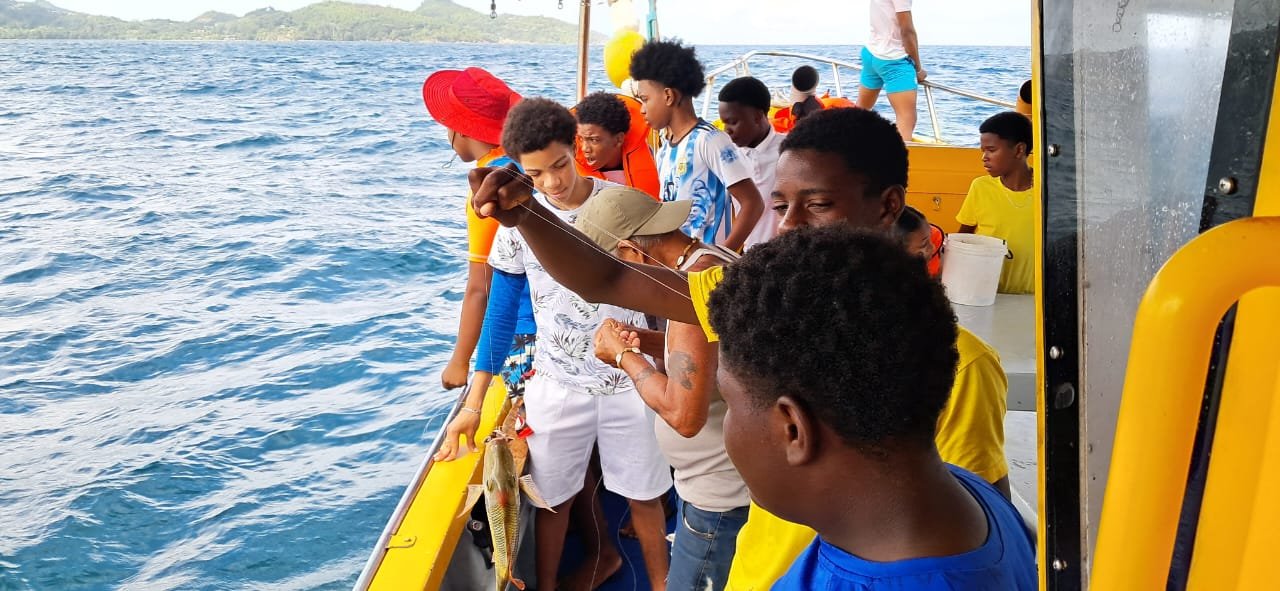ACP and countries benefiting from GSP+ meet strict rules of origin and sign up to sustainability standards which are not required from those countries whose seafood products enter the EU under the autonomous tariff quotas (ATQs)
In a recent press release, the EU fishing sector organization Europêche denounced the fact that the EU is going to provide free access to more than 800,000 tonnes of “cheap imported fish products from countries that do not commit to meeting sustainability criteria”.
Indeed, the EU Council, under the German presidency, is ready to approve a regulation setting autonomous tariff quotas (ATQs) for certain fishery products for the years 2021-2023. ATQs are granted for raw materials or semi-finished products not available in the EU, or which are available but not in sufficient quantities.
The ATQ regulation covers products, like tuna loins, that are also produced in developing countries, like the African, Caribbean and Pacific countries (ACP) or the countries benefitting from the General System of Preferences (GSP+). The ATQ for tuna loins has been steadily increasing over the years, and is currently set at 30,000 tons/year at zero-duty tariff (the duty for tuna loins is 24%, the highest tariff for seafood). The German presidency is proposing to increase that amount to 35,000 tons/year, a news that should worry developing countries currently benefitting from preferential arrangement, and that also produce tuna loins.
Under the guise of their preferential arrangement, these countries have to comply with strict rules of origin that are limiting the volumes available to import in the EU. Through the Cotonou Agreement, or through the signing of international conventions for countries benefiting from the GSP+ scheme, they also have signed up to commitments towards environmental and social sustainable development that can be costly to meet.
A tuna processing plant in Malaysia. South East Asian countries and China, with the exception of Vietnam, have not committed to meet similar sustainability standards as the ACP countries and GSP+ scheme countries. Photo: Fred Weirowsky.
However, the countries where most of the tuna loins entering the EU through the ATQ come from, China and other South-East Asian countries (with the exception of Vietnam, that has an FTA with the EU containing sustainability commitments), haven’t committed to meet similar sustainability standards. These South East Asian countries have been repeatedly denounced for their lax attitude towards the respect of environmental and social standards in fish production and processing.
The EU fishing sector argues that when adding the quantities of tuna caught by EU fleets, with the products coming from ACP/GSP+ countries, there is enough tuna to cater for the needs of the EU processing industry.
Tuna loins coming at zero tariff duty from the ATQ scheme beneficiaries, mainly China, will compete on the EU market with the EU tuna fleet products and with tuna loins from developing countries that enjoy preferential access arrangements. The allocation of an increasingly important ATQ for tuna loins does not encourage these developing countries to better implement the sustainability standards they committed to under the ACP or GSP+ scheme. Why should they make costly efforts to meet these standards when their ‘preferential’ access to the EU market is further eroded by the ATQ system?
A couple of months ago, the EU Long Distance Fisheries Advisory Council, composed of the EU fisheries value chain stakeholders and NGOs, proposed to eliminate the regime of the autonomous tariff quotas for tuna loins. The advice highlighted also that, through the Farm to Fork strategy, the EU goal is to lead a global transition towards food production systems that meet the highest environmental and social sustainability criteria. Certainly, proposing an increased ATQ for tuna loins is not going to help making the EU a leader of sustainable food production.












Rising sea temperatures, extreme weather, and coastal erosion are reshaping the life and working conditions for Gambian coastal communities, who are finding ways to adapt but face ongoing challenges that require government and financial support.